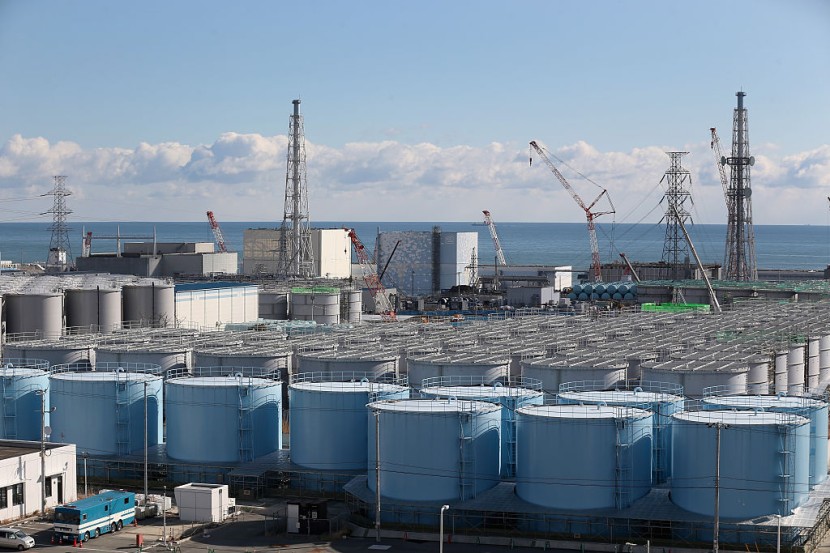
Japan is set to start releasing Fukushima nuclear wastewater on Thursday despite widespread concerns regarding the process' potential side effects.
This will start the slow unloading of the dangerous liquid before the tanks holding it reach capacity in 2024. The decision comes after years of planning the disposal of nuclear water and testing it for its radioactive contents. During a Cabinet meeting on Tuesday, Japanese Prime Minister Fumio Kishi approved the operation.
Japan To Start Releasing Fukushima Nuclear Water
In a statement, Kishida said that the Japanese government will be taking responsibility until the completion of the disposal of [Advanced Liquid Processing System]-treated water. He added that they would maintain such a stance even if the process takes several decades to finish.
In July, the International Atomic Energy Agency (IAEA) approved Japan's plan to release nuclear water despite public concern both locally and internationally. The government of South Korea, a neighboring country, acknowledged the IAEA's approval and did not dispute the findings of the organization, despite not outright giving its approval to the process, as per Fox News.
Office for Government Policy Coordination Park First Deputy Park Ku-yeon said that the South Korean government has judged that Japan will work on releasing the Fukushima nuclear wastewater as originally planned.
Additionally, they determined that there were no scientific or technical issues with Japan's planned discharge of nuclear water. South Korea has argued that if there was any increase in radioactive concentrations found after the water's release, the entire process should be stopped.
Park said the IAEA had actively responded to South Korea's requests regarding the situation and had prepared and suggested the best plan to release the nuclear wastewater, considering the agency's overall operational system.
Widespread Opposition to the Plan
The Fukushima nuclear power plant was the site of what is considered one of the worst-ever nuclear disasters in history. Japan's plan will include the release of more than 1 million metric tons of treated water, equal to more than 500 Olympic-size swimming pools, into the Pacific Ocean, according to the Washington Post.
Authorities from Japan and the United Nations' nuclear watchdog estimate that the release process could take up to three decades. It also faces widespread opposition from the Asian country's fishing industry.
Amid concerns, Japanese authorities argued that the plan is crucial to decommissioning the Fukushima Daiichi plant roughly 12 years after a massive earthquake and subsequent tsunami resulted in a meltdown of the plant's three nuclear reactors.
The IAEA conducted a review that lasted two years before approving Japan's plan to release nuclear wastewater. The UN nuclear watchdog also opened an office at the plant and noted that it would remain on-site to assess the safety of the release over time.
On the other hand, both Hong Kong and Macau have said that they will ban products from Fukushima and nine other prefectures in response to the announcement of the continuation of the release plan. China has also stepped up radiation testing on Japanese fisheries products, which would delay customs clearance, said the Associated Press.
Related Article: [UPDATE] All 8 Passengers of Stranded Cable Car in Pakistan Rescued








